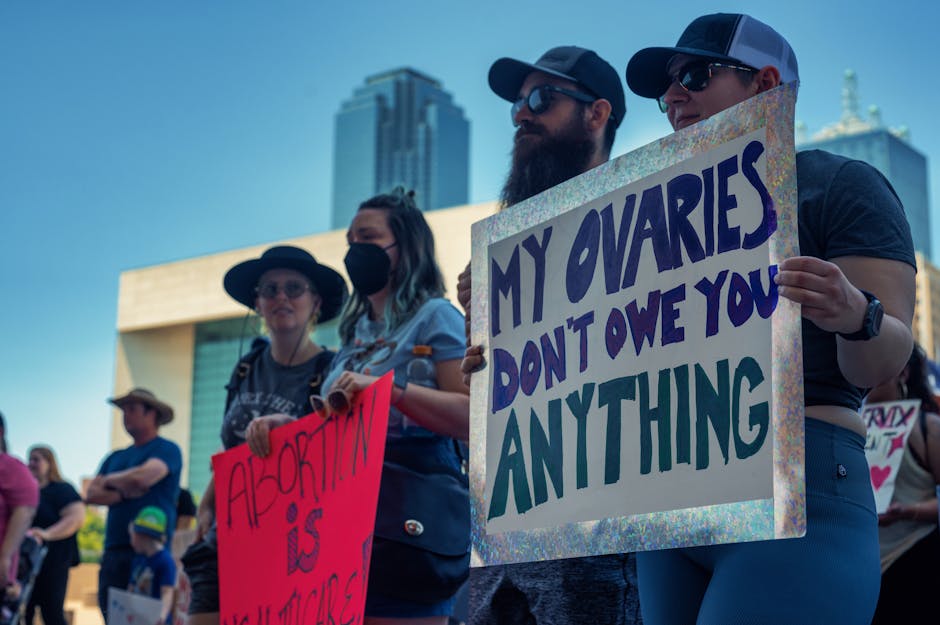The fundamental right to freedom of expression, enshrined in numerous legal systems globally, is a cornerstone of democratic societies. Yet, this right is not absolute. Limitations invariably arise, necessitating careful consideration of balancing individual liberties with societal interests. This article delves into the intricate legal landscape surrounding freedom of speech, exploring the justifications and controversies surrounding limitations imposed upon this fundamental right.
A cornerstone of this debate rests on the very nature of free speech. Is it merely the articulation of thoughts and opinions, or does it encompass actions that, while expressive, may also cause harm? Many legal systems, in seeking to strike a balance, recognize that the right to speak freely does not protect all forms of expression equally. Certain categories of speech, while undeniably communicative, are considered less deserving of protection. These exceptions often stem from the perceived potential for significant harm they can inflict on individuals and society as a whole.
One prominent example is incitement to violence. A speaker urging an immediate and imminent breach of the peace or violence against specific individuals or groups falls outside the bounds of protected speech. This is often a difficult line to draw, requiring careful examination of the specific context, including the speaker’s intent, the nature of the audience, and the likelihood of the incited violence occurring. Courts typically assess whether the speech is more than mere advocacy and directly encourages imminent lawless action. This nuanced approach often requires judges to weigh competing rights and the potential for harm.
Defamation is another area where free speech is tempered. While individuals have a right to express their opinions, those opinions must be truthful and responsible. If a statement is demonstrably false and causes harm to another person’s reputation, it can be subject to legal action. Determining the truthfulness of a statement is often a complex and fact-specific process, which can vary depending on the legal jurisdiction and the nature of the alleged defamation.
A related issue is hate speech, which targets individuals or groups based on characteristics like race, religion, or sexual orientation. Different jurisdictions grapple with this form of expression in various ways. Some view it as constitutionally protected speech, while others adopt a more restrictive approach, recognizing its potential to incite discrimination and harm. Key considerations include the extent of the harm caused, the specific context of the speech, and whether it incites violence or discrimination.
Beyond these explicit exceptions, the scope of free speech often encounters limitations tied to the protection of other important rights. For instance, obscenity laws frequently restrict the dissemination of materials considered offensive or harmful to public morals, particularly concerning children. However, defining “obscenity” itself is a highly contentious and evolving legal issue, with differing standards depending on cultural norms and societal values. The courts often face a challenge in balancing the right to free expression with the need to safeguard public morality and the well-being of vulnerable groups.
The intersection of freedom of speech and national security presents another intricate legal problem. Governments frequently argue that the need to protect the nation from terrorism or espionage may justify restrictions on speech deemed a threat. However, critics often express concerns that such restrictions can be overly broad and lead to abuses of power, potentially infringing upon legitimate political expression. The delicate balance between national security and civil liberties is a critical issue for courts to address, often requiring a careful evaluation of the specific threat and the proportionality of the restrictions imposed.
Furthermore, limitations are frequently imposed on speech that promotes illegal activities, such as speech that facilitates or incites criminal conduct. This can encompass a wide range of activities, from conspiracy to commit a crime to the provision of detailed instructions for illegal actions. While the right to express one’s thoughts and opinions exists, it does not extend to promoting or inciting criminal behaviour. In such cases, the courts must balance the right of the speaker to articulate their views with the need to uphold law and order.
It’s important to recognize that the discussion around limits to freedom of speech is not static. New technologies and evolving societal norms constantly reshape the landscape of acceptable expression. The digital age, for example, has introduced fresh challenges, including the proliferation of misinformation, hate speech online, and the complexities of online anonymity. Legal systems continue to adapt and refine their approaches to addressing these evolving issues.
In conclusion, the question of limits to freedom of speech is not a simple one. It necessitates a nuanced understanding of the interplay between individual liberties, societal interests, and legal frameworks. By acknowledging the importance of protecting fundamental rights while simultaneously acknowledging the need to prevent harm, legal systems can strive towards a balance that fosters both individual expression and the well-being of society. Ongoing dialogue and critical assessment are crucial for navigating the intricacies of this fundamental right in an ever-evolving world.
